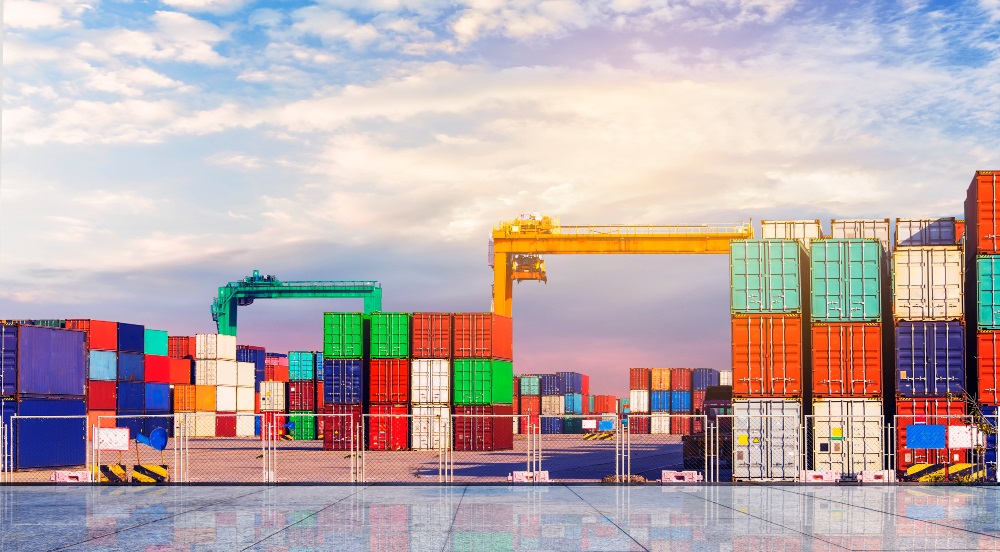The chemical sector contributes significantly to the world economy by supplying vital raw materials to a wide range of sectors, including manufacturing, healthcare, and agriculture. In recent years, the sector has undergone a tremendous shift, with the use of digital technology playing a critical role in enhancing efficiency, productivity, and safety.
The chemical companies in the Philippines have likewise realized the value of digital technology. Businesses are beginning to invest in digital transformation in order to increase their competitiveness as a result of the expanding economy of the nation and rising demand for chemicals. The advantages of digital technology keep expanding as more businesses in the sector use it. This article examines the advantages of digital technology for the chemical industry, emphasizing how it affects production, R&D, supply chain management, safety, environmental management, and other aspects of the sector.
Digital Technology in Chemical Research and Development
The chemical industry has seen a radical change in research and development thanks to digital technology, which allows for the real-time analysis of enormous amounts of data. They are now able to create new goods and solutions more quickly and precisely than ever before. Researchers may simulate and anticipate chemical reactions using digital tools like machine learning and artificial intelligence, which speeds up experimentation and reduces development times.
The use of digital technology in research and development is helping chemical companies in the Philippines. Industrial chemical suppliers are utilizing digital tools to accelerate their research processes and create new products that fit the needs of their clients as a result of a growing market and rising need for creative solutions. Digital technology is used to improve research collaboration between researchers from various companies, leading to a more productive and cooperative industry.
Digital Technology in Chemical Manufacturing
The production of chemicals is being revolutionized by digital technology, which has boosted productivity, decreased waste, and increased efficiency. Chemical manufacturers can monitor their production processes in real time with the use of digital equipment like sensors and data analytics, which enables greater process control and optimization. Manufacturers save money as a result of the enhanced efficiency and decreased waste that this causes.
The use of digital technology in chemical production is expanding in the Philippines, where many businesses are investing in automation and data analytics to streamline their operations. Industrial chemical suppliers can boost their competitiveness, lessen their environmental effects, and satisfy the rising demand for high-quality chemical products by using digital technology. The implementation of digital technology in chemical production will be essential to stay ahead of the competition and satisfy the demands of the industry given the expanding market and rising demand for sustainable and innovative solutions.
Digital Technology in Supply Chain Management
The chemical industry’s supply chain management is changing as a result of digital technologies. Supply chain managers may trace and monitor the flow of chemical goods from raw materials to completed products in real-time with the help of digital tools like blockchain and the Internet of Things (IoT). As a result, the supply chain’s efficiency and dependability are increased through early identification and resolution of problems.
The use of digital tools is becoming more crucial due to a growing market and rising demands for transparency and sustainability in the supply chain. Digital technology can assist chemical company Philippines in improving interactions with their partners and clients, fostering trust and resulting in a more reliable supply chain.
Digital Technology in Safety and Environmental Management
In the chemical sector, digital technology is essential for promoting environmental sustainability and assuring safety. Chemical firms in the Philippines can monitor their operations in real-time, identifying possible hazards and reducing risks before accidents occur, thanks to digital tools like sensors, automation, and machine learning. In addition to guaranteeing the community’s and employees’ safety, this also cuts down on accident expenses and downtime.
Also Read:- Choosing the Right Laboratory Testing Meters
In addition, implementing digital technology in safety and environmental management can assist chemical businesses operating in the Philippines in adhering to rules and lessening their environmental impact. Companies can properly analyze their environmental effect and pinpoint areas for improvement by employing digital tools to monitor emissions, water usage, and trash disposal. As a result, the chemical industry in the Philippines may adopt more environmentally friendly methods and develop a favorable reputation, increasing its social responsibility and investment appeal.
Challenges and Future of Digital Technology in the Chemical Industry
Despite all of the advantages that digital technology has brought to the chemical business, there are still some issues that need to be resolved. The handling of massive amounts of data produced by various digital instruments, as well as their integration, is one of the main issues. In order to use these digital tools and extract value from the data, competent personnel is also required. Looking ahead, the chemical industry in the Philippines and around the world will continue to use digital technology to boost production, efficiency, and safety, with an emphasis on innovation and sustainability.
Final thoughts
In conclusion, digital technology is changing the chemical sector globally and in the Philippines. Digital technologies are being utilized to boost effectiveness, productivity, and safety while also encouraging sustainability in everything from manufacturing, supply chain management, and research and development to safety and environmental management. The Philippines’ chemical sector must embrace this change if it is to be competitive and socially responsible, even though there are obstacles to overcome. The advantages of digital technology are evident. The future of the chemical industry is bright, with limitless prospects for innovation, expansion, and beneficial effects on society and the environment as digital technology continues to advance.




